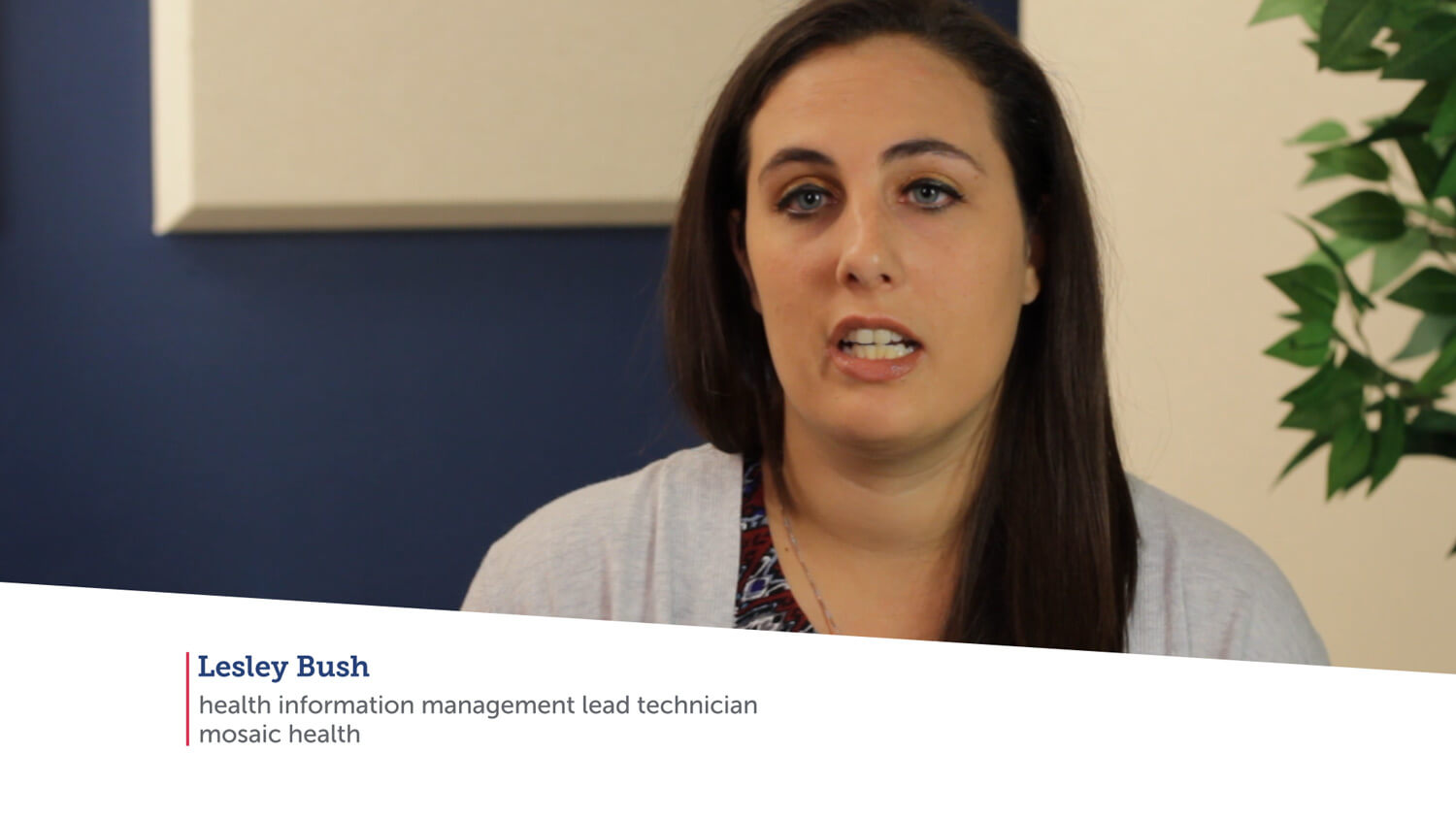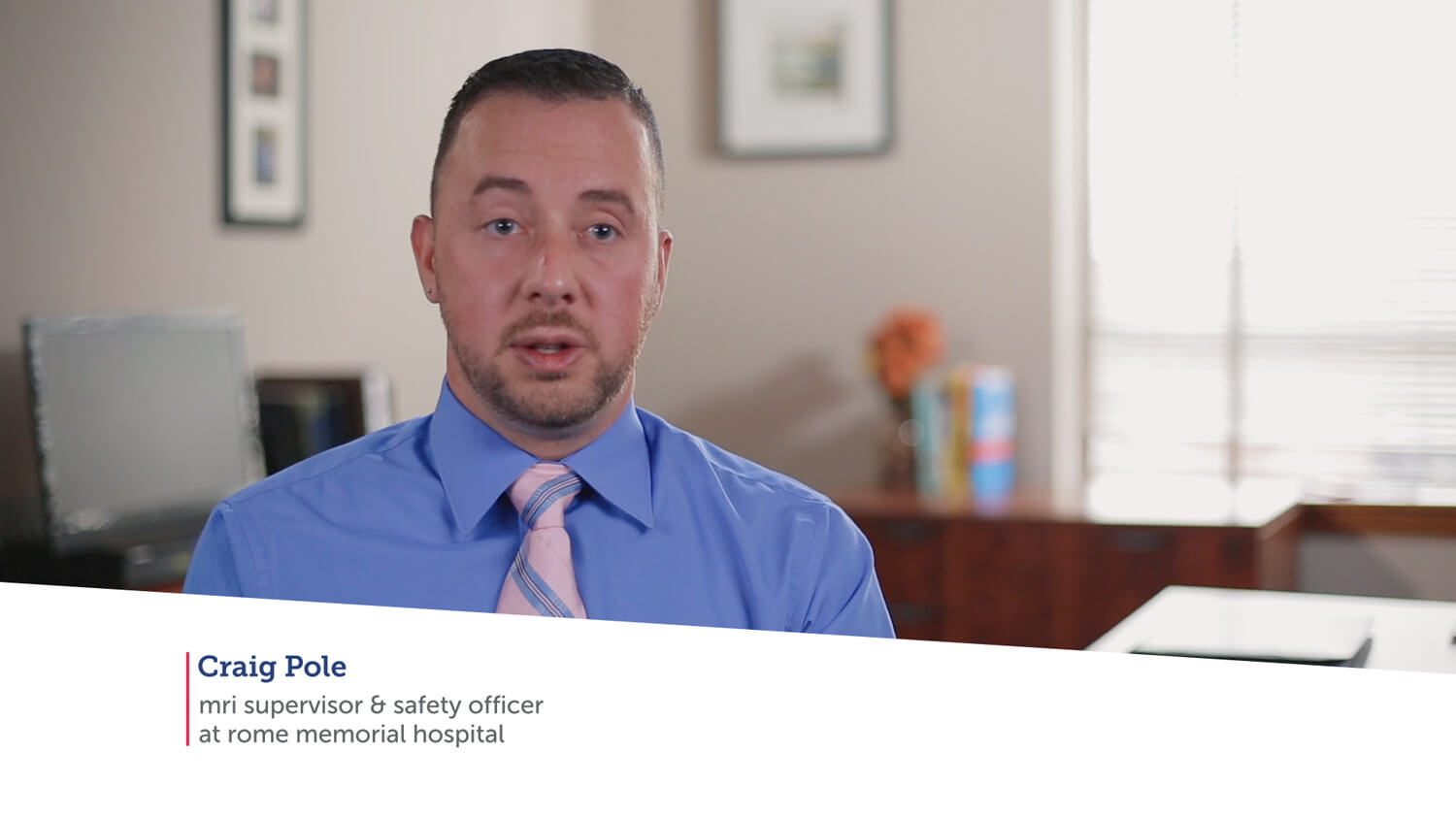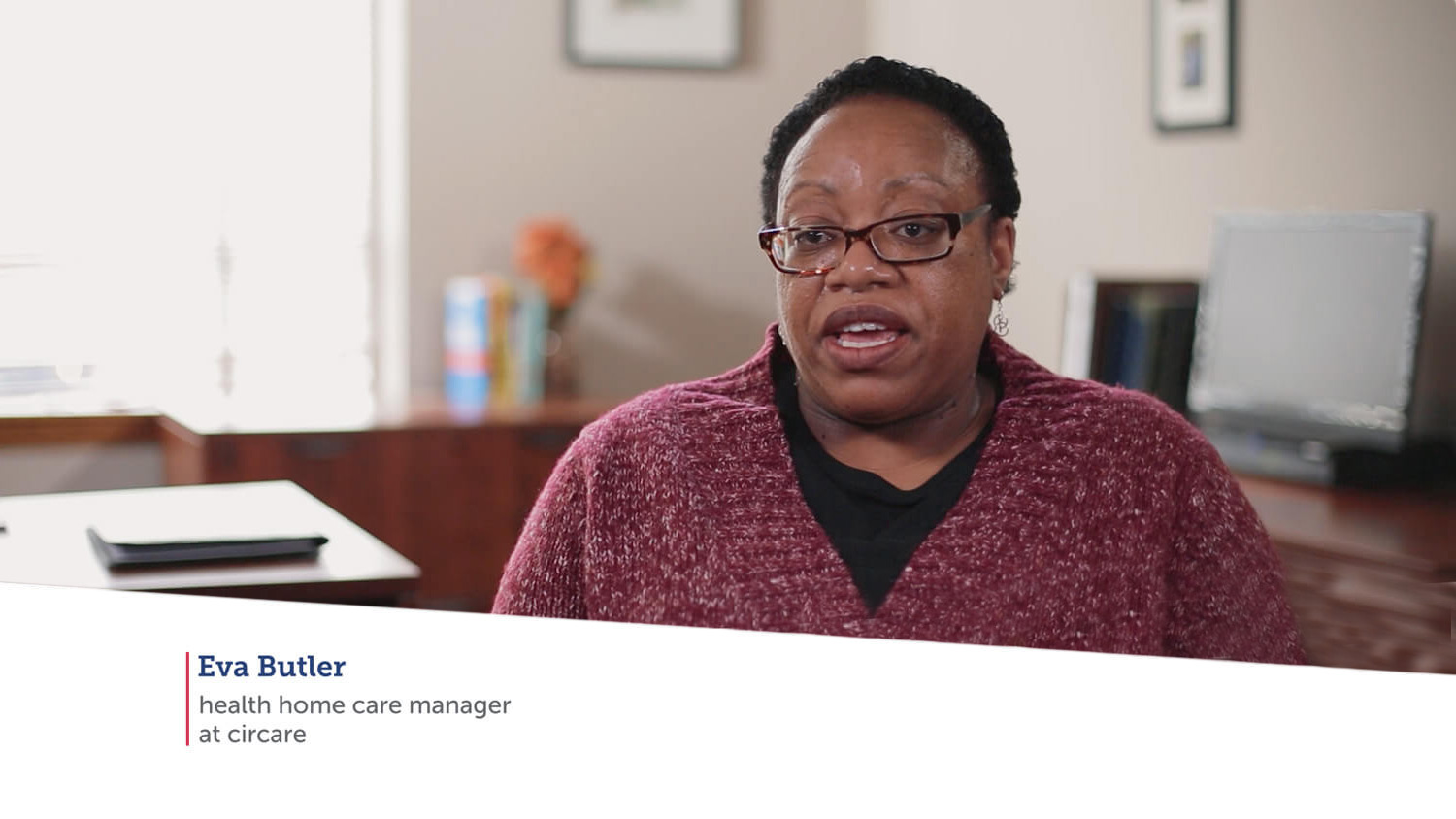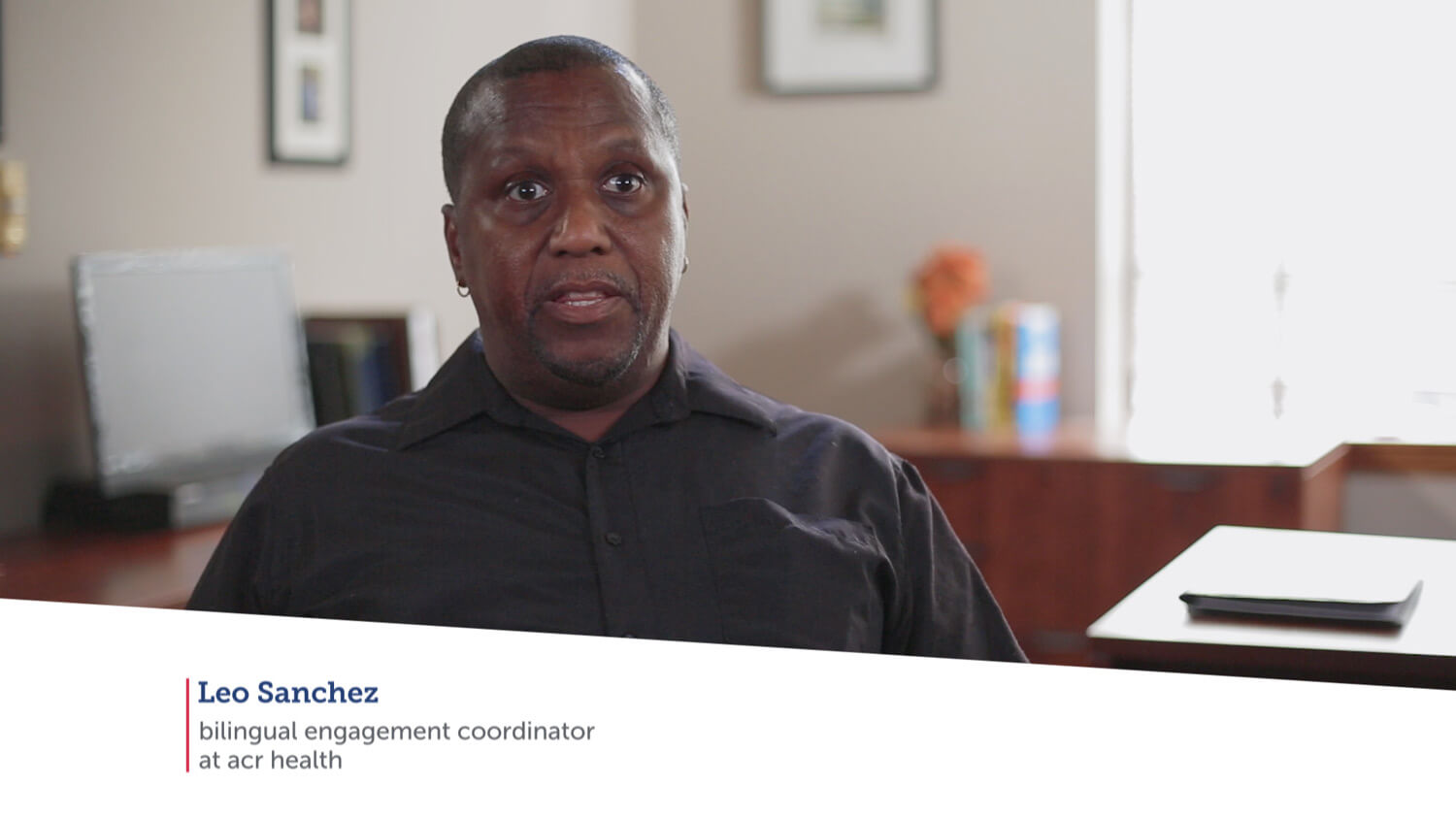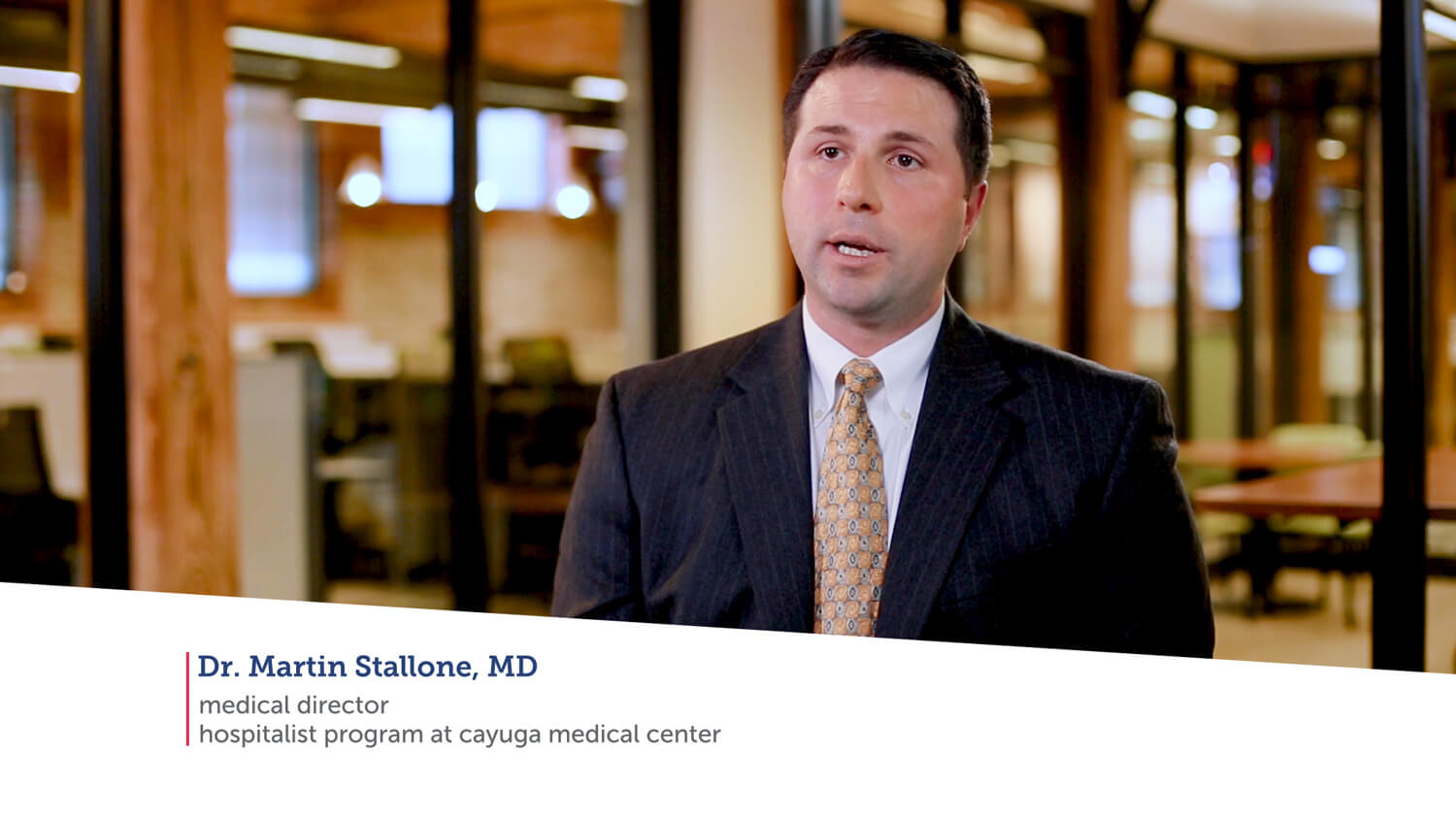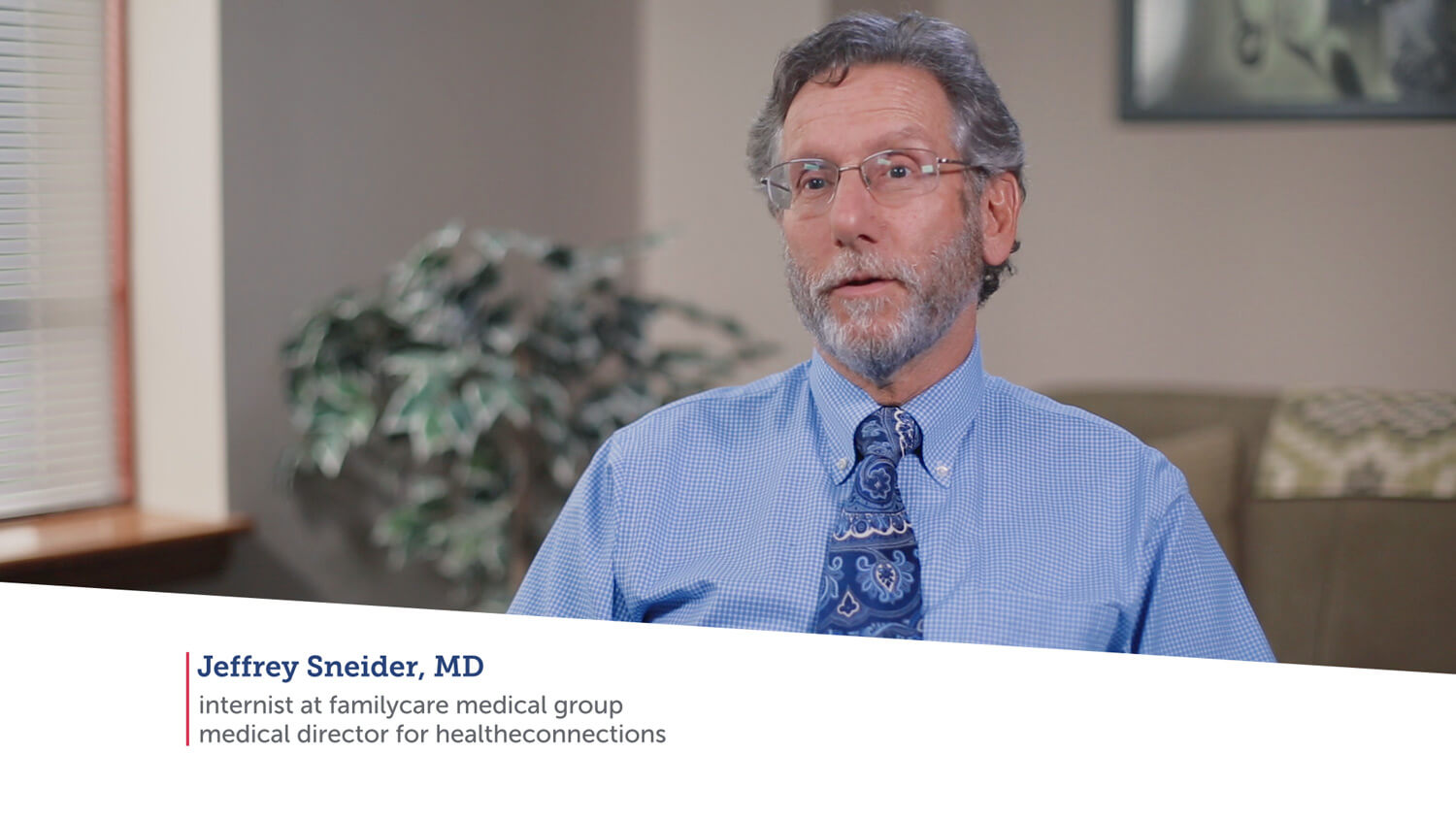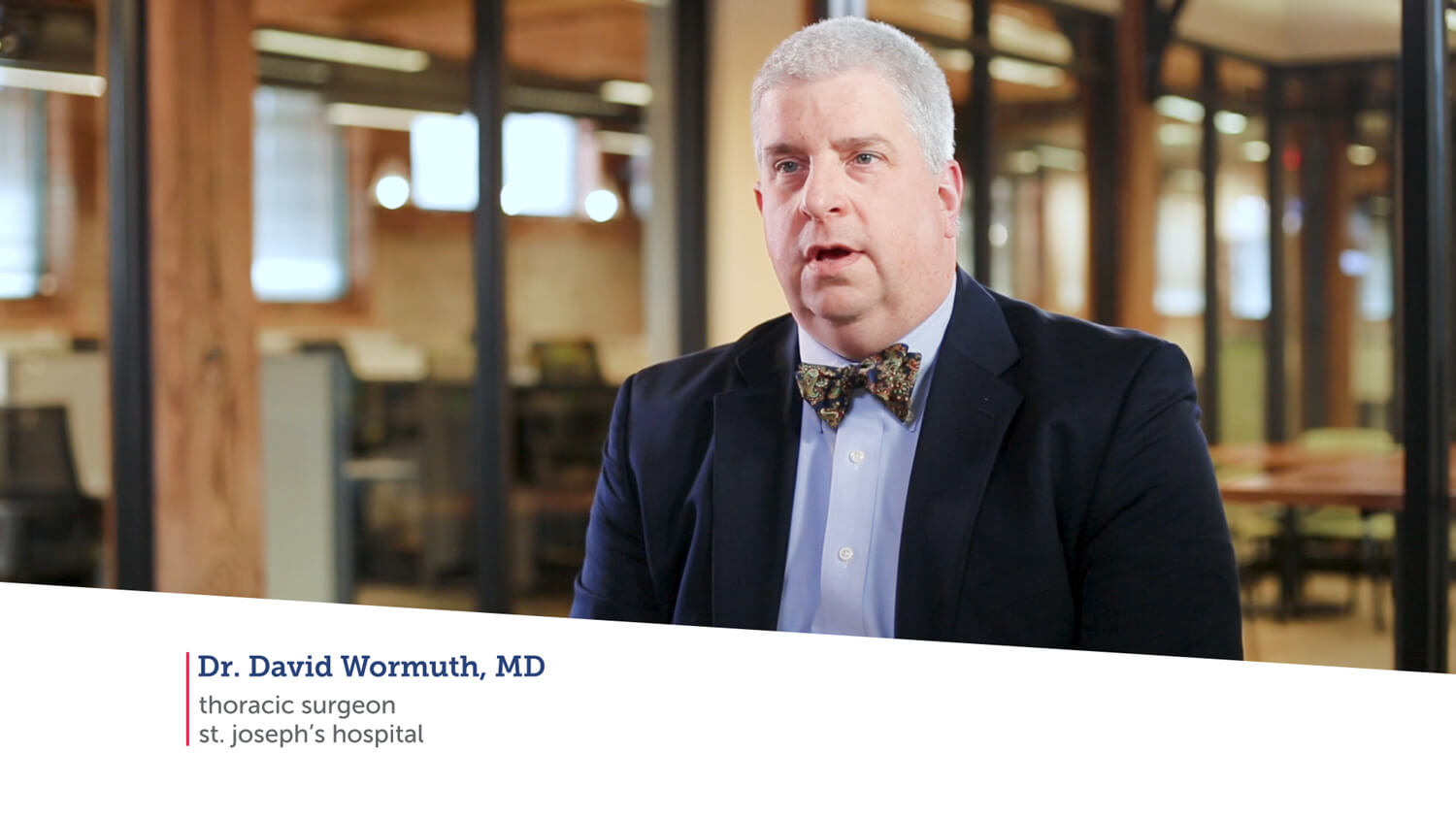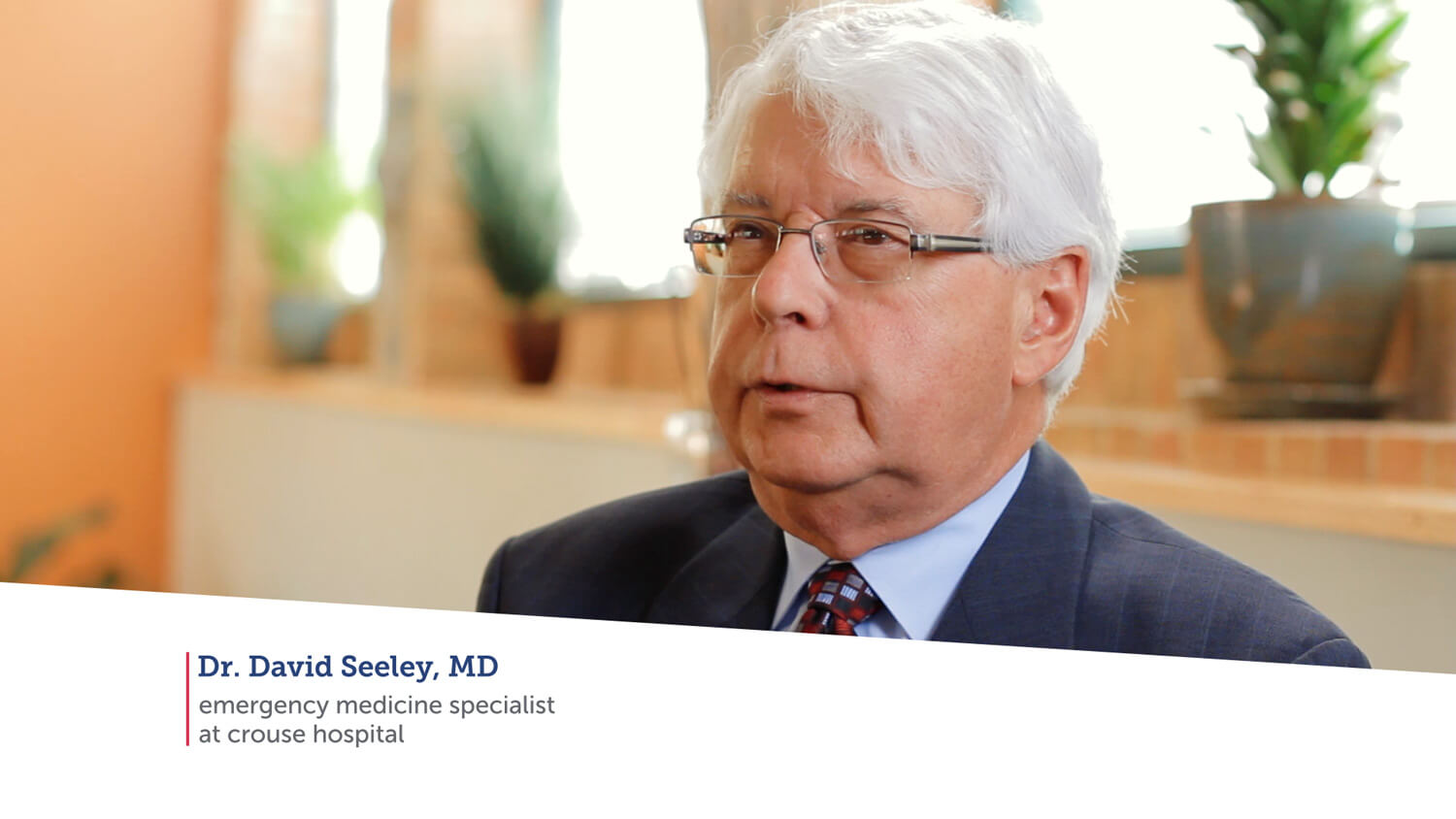Minor Consented Services Override Access FAQs
What is a Minor Consented Service?
A Minor Consented Service (MCS) is the treatment of:
Reproductive Services
Sexually Transmitted Disease
HIV Testing
Mental Health Services
Alcohol and Substance Abuse
Sexual Assault
Medical, Dental, Health and Hospital Services relating to prenatal care
Services that a minor has a Constitutional right to receive without parent permission
What is an Override Access?
New York State modified its policy to allow a minor to override a parent/guardian consent for a provider to access and view his/her medical records through HealtheConnections when the minor is receiving treatment for a minor consented service. The minor may override the following parent/guardian consents: “No”, “No, except in an emergency”, or when a consent has not yet been provided. A minor may not override a “Yes” consent.
Who performs Minor Consented Services?
Minor consented services are performed by a variety of healthcare providers – from hospitals to practices to labs. HealtheConnections tracks participating organizations that have identified themselves as providers of minor consented services. These organizations have received special instructions on how to override parent/guardian consent in the HealtheConnections portal. Override accesses will be audited to ensure that appropriate organizations are using this function.
What age range is allowed to override a parent/guardian consent for Minor Consented Services?
Any patient under 18 years old.
What can an emancipated minor consent for?
An emancipated minor (any person who is the parent of a child, has married, or is otherwise legally emancipated) may give consent for medical, dental, health and hospital services for him/herself and the consent of no other person shall be necessary.
This applies to HealtheConnections consent, as well. The emancipated minor may give a HealtheConnections consent to a provider to access and view his/her medical records for any type of treatment and is not limited to minor consented services.
What authorization form is used for Minor Consented Services?
NYSDOH developed a separate form that is used for a minor when receiving a minor consented service. The form is only used if a parent/guardian has not consented “Yes” for the minor. If a “Yes” consent is already active, the provider may access the minor’s records through HealtheConnections without using this form.
For any consent value that the parent/guardian selected other than “Yes”, the minor may override the parent/guardian option by completing the “One Time Authorization for Access to Minor Health Information through a Health Information Exchange Organization” (One Time Authorization). These special forms have been provided to participants that have identified themselves as providers of minor consented services.
For Providers:
If your organization provides treatment for minor consented services and you do not have the form, check with your RHIO Administrator. Your RHIO Administrator can contact HealtheConnections support at support@healtheconnections.org or 315.671.2241 x 5.
If your organization does not perform minor consented services and you do not have this form, you are NOT allowed to override a parent/guardian consent.
How long does the minor consent override stay active?
When the form is signed by the minor, the provider is allowed to enter HealtheConnections through a special screen that allows the provider to indicate that an override has been obtained. Once the provider exits the patient’s records, the override is no longer active. If necessary, the provider may re-enter the patient’s records during the same visit while the minor remains in the office. The minor must complete a new form for each visit.
What is the difference between a consent form that a parent signs and a Minor Consent form that a minor signs?
The One Time Authorization form was designed as an easy-to-read document to help under 18 year olds understand the purpose for allowing the provider to access and view their medical records. Both the standard consent form and the One Time Authorization form contain the same details on page 2. As the name implies, the One Time Authorization form is only valid for the duration of the patient visit while the standard consent form, signed by a parent/guardian, remains in effect until the minor turns 18 year old and can consent for him/herself. In addition, a consent form signed by an adult for him/herself remains in effect until s/he changes their consent choice or until 50 years after the patient’s death or the RHIO/QE ceases to exist.
What are the re-disclosure rules for minor consented services information?
As with any medical records, privacy and security are critical. Patient medical information should not be re-disclosed outside of the patient-provider relationship. All HIPAA rules need to be followed and it is incumbent on all HealtheConnections’ participants that they are responsible for ensuring proper HIPAA training is conducted and that their authorized users comply with HIPAA procedures.
Can minor consented services records be shared with HealtheConnections?
A minor must provide their consent to their treating provider to allow the provider to share minor consented services records with HealtheConnections. The provider must follow all applicable federal and state disclosure laws for minor consented services medical records.
What does one-time override access cover?
The one-time override access is only effective for the duration of the visit and the patient is physically in the office. If follow-up is needed after the visit, the provider is NOT allowed to access the minor’s records through HealtheConnections portal. However, if the provider is set up for Results Delivery from HealtheConnections, they will be able to view the results in their EHR or can view the results through the myResults tab.
Why can’t a minor override a “Yes” consent given by a parent/guardian?
Parents have a right to make important decisions about their children’s lives and also have legal duties. New York recognizes that the “age of majority” is 18 years old. Until that age, a parent/guardian is responsible for a minor’s care unless the minor has extenuating circumstances, prior to turning 18, such as joining the military, getting married, or other situations recognized by NYS. A minor is only allowed to “assent” to medical treatment being provided to them. If a parent/guardian has consented “Yes”, a minor is not allowed to reverse that option. If the parent/guardian has consented “No”, “No, except in an emergency”, or has not yet consented, then the minor can override any of those options by assenting or giving a positive response.
How does the Minor Consent Override option work in HealtheConnections?
Once the patient has signed the One Time Authorization form, the provider will then lookup the patient through Patient Lookup. A screen will display that allows the provider to click on the “I accept these terms and conditions” box to enter the patient’s record. These accesses will be audited. NOTE: this override consent does not change the consent on file
What is required to share or access/view minor consented data?
A provider must follow federal and state laws for disclosing minor consented data. If minor consented data is shared with the health information exchange, it is incumbent on each participating organization to ensure their users follow federal, state, and HIPAA rules for re-disclosing this information.
The HealtheConnections’ consent is to allow a provider to access and view a patient’s record as part of health information exchange. This consent is also needed for statewide patient lookup to allow a search for a patient’s records in the other RHIO/QEs. Lastly, consent is needed for some Alerting functions.
Minor Consent Override (MCO) is solely for a minor to allow a provider to access his/her records through HealtheConnections when being treated for a minor consented service and the parent/guardian’s consent for the minor needs to be overridden.
REFERENCES:
State Health Information Network of New York (SHIN-NY) Regulation
Federal Register / Vol. 82 / No. 11 / Wednesday, January 18, 2017 / Rules and Regulations
